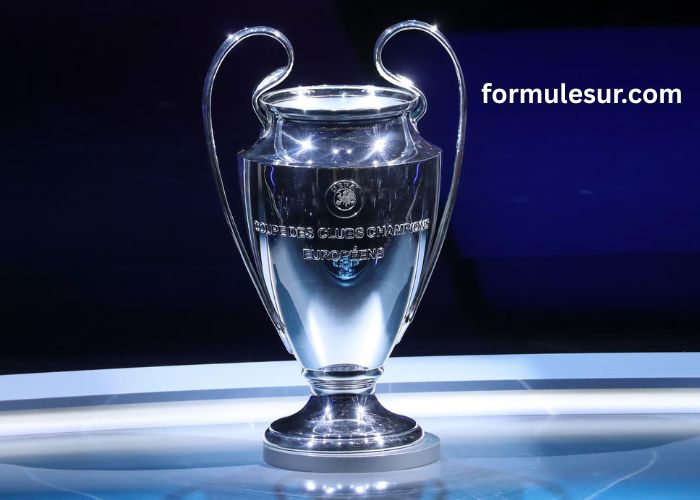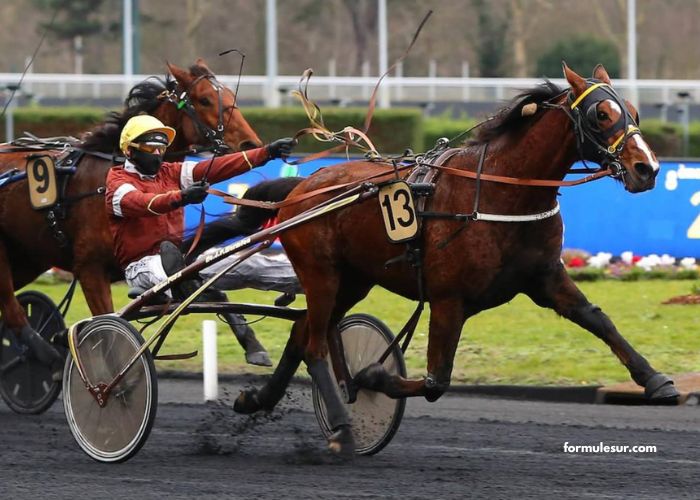Ligue Des Champions
The Prestige of Ligue Des Champions in European Football
The Ligue des Champions is widely regarded as one of the most prestigious tournaments in European football. This elite competition, featuring the top clubs from various countries, has been the stage for some of the most memorable matches in football history. With its rich tradition, it continues to capture the imagination of fans worldwide, showcasing the best talents and teams in the sport.
Throughout the years, the Ligue des Champions has produced unforgettable moments, including dramatic upsets, legendary performances, and astonishing comebacks. The competition not only offers thrilling matches but also provides the opportunity for clubs to etch their names into the history books, with many of the world’s top clubs vying for the prestigious title each season.
What Is the Ligue Des Champions?
The Ligue des Champions, also known as the UEFA Champions League in English, is a premier club football competition organized by the Union of European Football Associations (UEFA). It is open to the best teams from various European leagues, determined by their performance in domestic competitions. The tournament features top clubs from across Europe, each aiming for glory in a knockout-style format, with a group stage followed by knockout rounds, culminating in a final to determine the champions of Europe.
The Ligue des Champions has evolved over the years, starting as the European Champion Clubs’ Cup in the 1955-56 season. It has since grown to become the most prestigious club competition in world football. Clubs that win the Ligue des Champions secure not only a place in football history but also the chance to play in international tournaments such as the FIFA Club World Cup.
How Is the Ligue Des Champions Structured?
The structure of the Ligue des Champions is designed to showcase the top teams from across Europe in a competitive format. The competition begins with a qualification round, where teams that have not automatically qualified through their domestic leagues battle for a place in the group stage. The group stage sees 32 teams divided into eight groups, with each group consisting of four teams.
In the group stage, teams play home and away matches, earning points for wins, draws, and losses. The top two teams from each group advance to the knockout stage, while the third-place team from each group moves on to the UEFA Europa League. The knockout stage follows a two-legged format, where teams play both home and away matches, culminating in a final between the two remaining teams. The winner of the final is crowned the champion of Europe and earns the prestigious Ligue des Champions trophy.
What Makes the Ligue Des Champions So Special?
The Ligue des Champions is not just about the competition; it is about the legacy and history of the clubs and players who have participated in it. The tournament has produced countless memorable moments, from iconic goals to last-minute victories, that continue to define the competition. What sets the Ligue des Champions apart from other football tournaments is its global appeal and the level of talent it attracts.
The competition is known for bringing together some of the world’s best players, who showcase their skills in high-stakes matches. Fans from all over the world tune in to watch the drama unfold, with each match offering the potential for history to be made. Whether it’s the legendary performances of players like Cristiano Ronaldo, Lionel Messi, or the unforgettable teams of Real Madrid and Bayern Munich, the Ligue des Champions consistently delivers world-class football.
How Have Clubs Evolved in the Ligue Des Champions?
The landscape of the Ligue des Champions has changed significantly over the years. Historically dominated by a few European giants, such as Real Madrid, AC Milan, and Liverpool, the competition has seen an influx of clubs from emerging footballing nations. Teams from countries like France, Germany, and England have invested heavily in their squads, raising the level of competition and creating a more diverse pool of champions.
One of the most significant changes in recent years is the rise of clubs from the English Premier League, with teams like Manchester City, Liverpool, and Chelsea asserting themselves as dominant forces in the tournament. Similarly, clubs like Paris Saint-Germain from France have become increasingly competitive, aiming to secure their first Ligue des Champions trophy. As these clubs evolve, the competition grows even more exciting, with new challengers constantly entering the fray.
What Are Some of the Most Memorable Moments in the Ligue Des Champions?
Over its long history, the Ligue des Champions has been the stage for some of the most iconic moments in football. From dramatic last-minute goals to unbelievable comebacks, the tournament never fails to deliver excitement. One of the most unforgettable moments was the 2005 final between Liverpool and AC Milan, where Liverpool made a stunning comeback from 3-0 down to win in a penalty shootout.
Other memorable moments include Cristiano Ronaldo’s performance with Manchester United, leading them to victory in 2008, and the 2019 final where Liverpool triumphed over Tottenham Hotspur. These moments exemplify the unpredictability and thrill of the Ligue des Champions, showcasing the passion and drama that define European football at its finest.
Why Is the Ligue Des Champions Important for European Clubs?
The Ligue des Champions is not only the pinnacle of club football but also serves as a crucial source of revenue and prestige for European clubs. Winning the competition can significantly boost a club’s profile, attracting new fans, sponsorships, and commercial deals. The financial rewards of progressing through the tournament, including television rights and prize money, are immense, making the competition essential for clubs looking to establish themselves on the global stage.
Beyond the financial aspects, the Ligue des Champions is a matter of pride. For many clubs, winning the tournament is the culmination of years of hard work, strategic planning, and investment. It is the ultimate goal for players and managers alike, offering a platform to showcase their talent and prove themselves as the best in Europe.
Conclusion
In conclusion, the Ligue des Champions represents the pinnacle of club football, providing thrilling moments, unforgettable matches, and a platform for the world’s best teams to showcase their skills. Its prestige, history, and the level of competition make it a must-watch tournament for football fans worldwide.
Whether it’s the drama, the goals, or the unforgettable comebacks, the Ligue des Champions remains one of the most exciting and important football tournaments in the world. As clubs continue to evolve, the competition will undoubtedly produce more legendary moments for years to come.



